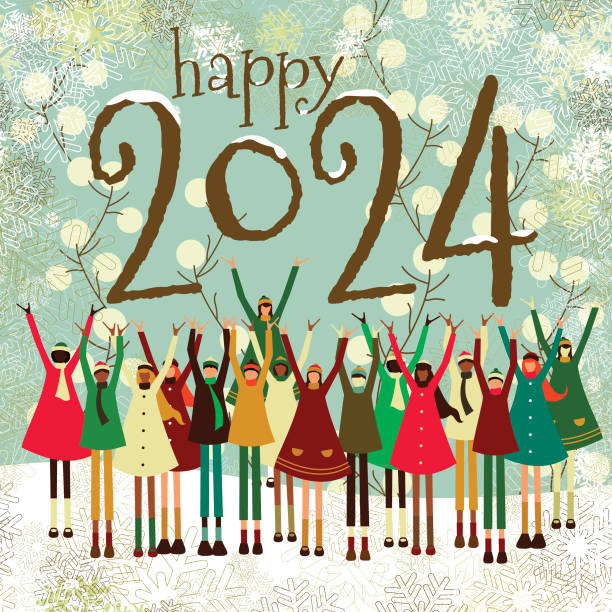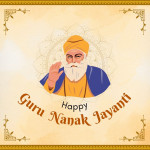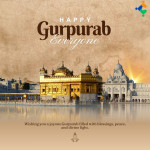Essay on New Year
Around the world, people celebrate the joyous festival of New Year's Eve. It is the beginning of a new year in accordance with the Gregorian calendar, which has 12 months and counts January 1 as the first day of a new year. One month in advance, people all over the world start planning their New Year's resolutions and preparations. New Year's Eve is a joyous occasion for people all over the world, cutting across boundaries of culture and caste. People of all ages participate in a variety of activities as they celebrate with enthusiasm. Winter break is observed by many educational institutions, beginning on Christmas Eve and lasting until January 1st. The meaning of New Year's is that it symbolises a new beginning and happiness as people say goodbye to the previous year. This joyous occasion unites people in the shared expectation of fresh starts and the opportunities the coming year brings. It symbolises hope and optimism.

People should use the New Year as an opportunity to move past their negative experiences and forward with optimism. Everyone hopes for the happiness, health, and prosperity of themselves and their loved ones in the upcoming New Year. For kids, a new year wouldn't be complete without three things: a Christmas tree, a dress-up New Year's Eve celebration, and the obligatory New Year's essay that they have to complete for their winter break homework.
How Do People Celebrate Across the Globe?
Nowadays, a unique tradition known as the New Year tree is observed in every home. To put it simply, this is the Christmas tree that is decorated for the holidays and at the end of the year. The Christmas tree and New Year's tree are decorated by the entire family using a variety of toys, bells, stars, candies, mistletoe, and colourful fairy lights.

Every household on the planet observes a variety of additional customs and traditions in the wake of New Year's Day. Every culture observes this day in a different way. Some begin preparing for a quick getaway in advance, while others intend to spend time with their loved ones. Buying gifts, decorating homes, and buying new clothes are the first steps in the preparation process.
India's Celebration of New Year's Eve
Depending on their religion, people in India celebrate the New Year on different days. Nonetheless, most people now celebrate New Year's Day on January 1st as well, owing to the influence of Western civilization.

India's colourful and varied celebrations of the New Year's Eve speak to the country's rich cultural heritage. It's a time when people celebrate the joy of a new beginning by sincerely congratulating their friends and family. Hindus in particular start a custom of cleaning their homes thoroughly and decorating them with auspicious-looking saffron flags.

When bhajans reverberate in temples, the religious fervour intensifies and the atmosphere becomes calm. At many religious sites, special prayers are offered, creating a spiritual atmosphere. With festivities like Kavi Sammelan, Bhajan Sandhya, and Kalash Yatra enthralling audiences in various places, the New Year turns into a canvas for cultural expression. As India joyfully and reverently greets the promise of a new year, these celebrations highlight the unity in diversity.
New Year's Day is on January 1st.
Each new year started on the spring equinox in the early Roman Calendar, which consisted of 304 days and 10 months. Romulus, the founder of Rome, is said to have created it in the eighth century B.C. Later, in 1713 B.C., the Roman Calendar was expanded to include the months of Januarius and Februarius by Numa Pompilius, the second king of Rome.

The calendar has been out of alignment with the Sun for centuries. In 46 B.C., the emperor Caesar made the decision to decipher the mystery by conferring with the leading mathematicians and astronomers of the day. The Julian calendar, which Caesar instituted, was strikingly similar to the contemporary Gregorian calendar, which is still in use in most of the world's nations.

As part of his reforms, Caesar declared January 1st to be the first day of the year in part to honour Janus, the Roman god of beginnings, whose two faces allowed him to see both forward and backward in time. The Romans gave gifts to each other and sacrificed to the god Janus in observance of the New Year. They also attended boisterous parties and placed laurel branches throughout their residences.
Customs surrounding the New Year
The evening of December 31 (also known as New Year's Eve) to the early hours of January 1st is when many nations celebrate New Year's, and they frequently eat multiple meals and snacks in the hopes of bringing luck and prosperity to the new year. People in Spain and other Spanish-speaking nations use grapes because they are perceived as a symbol of hope for the upcoming months.

Because they are believed to resemble coins and future financial success, legumes such as black-eyed peas in the southern United States and lentils in Italy have been a traditional New Year's dish in many countries and regions. In certain nations, such as Austria, Hungary, Cuba, and Portugal, pork is also a traditional New Year's meal, and pigs are thought to symbolise development and prosperity.

Many countries, including Norway and Sweden, serve rice pudding on New Year's Eve with an almond hidden inside. It is said that the person who finds the almond will have good fortune for a full year. On the other hand, the Netherlands, Greece, Mexico, and other nations celebrate the New Year with cakes and pastries shaped like rings. It indicates that a full circle of the year has been completed.
The New Year's Significance
It's like a huge, joyful party that everyone in the world attends on New Year's Eve! We eagerly greet the new year and bid the old one farewell at this unique time of year. Like a magical reset button, the New Year inspires us to make new beginnings, try novel experiences, and increase our happiness.

We reflect on our actions from the previous year and draw lessons from them as we approach the new year. We have the opportunity to improve in the New Year, so it's acceptable if we make any mistakes. We call these self-promises to ourselves "resolutions," which include being kind, working hard, and learning new things. It resembles establishing personal objectives.

Similar to a festival, the New Year is filled with enthusiasm and good vibes rather than lights and decorations. This drive enables us to overcome obstacles and accomplish our objectives. Thus, New Year's Eve is a unique occasion that enlivens our lives and gives us a sense of anticipation rather than merely being a date on the calendar!






















